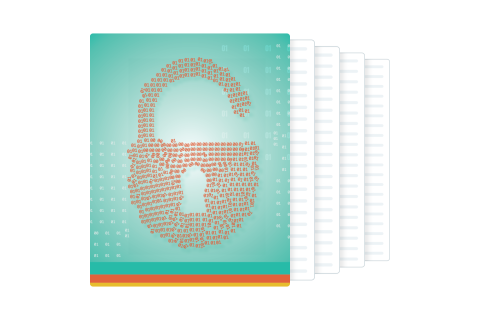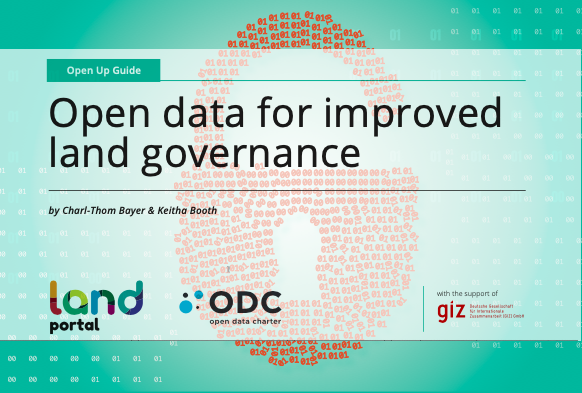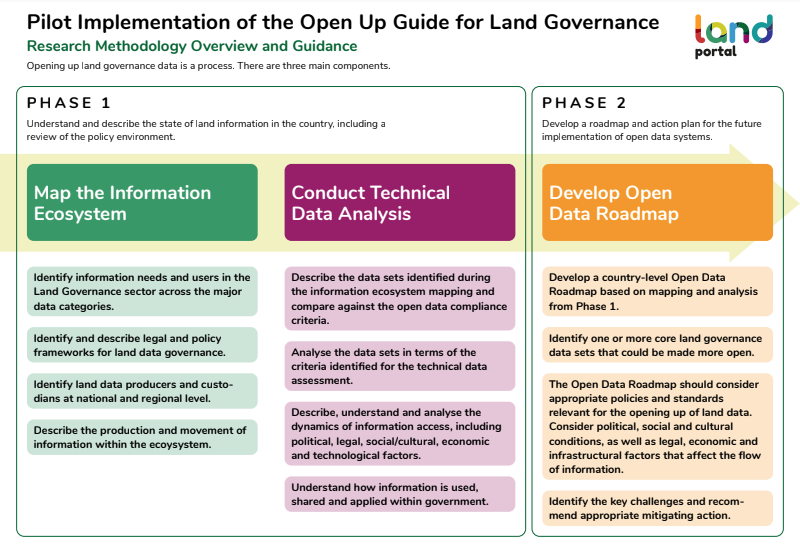As an advocate for open land data, the Land Portal Foundation aims to improve access to land data, engage stakeholders, and support actions that promote data openness. I recently had the opportunity to introduce the State of Land Information Index (SOLIndex) and talk about the Open Up Guide at the Global Land Tool Network (GLTN) Partners’ Meeting in Nairobi and show how these tools play a vital role in improving access to land information.
The SOLIndex serves as a comprehensive tool designed to measure the openness of land data. It assesses the availability and accessibility of land data, providing an overview of the state of land information. By focusing on indicators related to land administration functions, including land use, land tenure, land development, and land value, the SOLIndex enhances land-related services. It makes land-related findings more actionable and to complement existing land governance monitoring systems.
In the evolving landscape of AI and data provision, not to mention historical power dynamics of land, ethical considerations regarding data and inclusion are critical. Through the SOLIndex we aim to initiate a discourse on data ethics, justice, and inclusivity in the land and data sector. It emphasizes the importance of prioritizing service delivery and connecting that to the relevant data. By aligning the data assessments with operational requirements, the SOLIndex is designed to ensure their use and effectiveness.
The SOLIndex is built upon a conceptual framework that provides the overarching rationale and significance for this research. It describes the core concepts and situates the SOLIndex within the multiple context of land administration, open data as well as land data. To provide clear indicators for measuring data openness and accessibility, the SOLIndex focuses on specific data categories tied to land administration functions. Criteria developed from the open data initiatives such as online availability, accessibility, metadata standards, licensing, and machine-readability are evaluated to determine the availability of land data and information.
By utilizing a comprehensive scoring system, the SOLIndex enables assessment of the openness and availability of land data. It utilizes 10 open data criteria across four data categories to provide an overall score for the state of land data that is globally comparable. The results can be used to serve as a diagnostic tool that provides multiple entry points for analyzing the state of data and information across data categories and criteria of openness. This approach encourages introspection and facilitates discussions on improving data openness, discoverability, interoperability, and accessibility. While such indicators and scoring systems may be contested and results questioned, it is critical that the scoring and assessments are completely transparent. As such the dataset matrix, scoring and methodology are made open and available to facilitate further assessment and improvement.
The Land Portal Foundation has partnered with the Global Data Barometer (GDB) and the International Land Coalition (ILC) to align indicators and complement existing initiatives on tracking the state of land data. The SOLIndex is designed to reflect equity and inclusivity considerations as well as being a contribution to improved land monitoring for climate change and sustainable development. The Land Portal Foundation plans to pilot the SOLIndex in around 17 countries by 2023, with the possibility of expanding data collection to over 100 countries in the future. However, successful implementation will require appropriate partnerships and corresponding resourcing.
Building on the SOLIndex, the Open Up Guide is a soft tool that can support governments in implementing practical steps towards the opening up of land data and information. It involves identifying land data resources online, documenting them systematically, and evaluating their openness(based on the State of Land Information Methodology) and supporting their open publication by government.
The Land Portal Foundation's SOLIndex and Open Up Guide are invaluable tools for enhancing access to land data globally. By assessing data openness and promoting open data practices, these tools empower stakeholders to make informed decisions, foster transparency, and drive positive change. As the foundation continues to refine and develop these tools,we welcome feedback, contributions, and collaborations to create a more inclusive and accessible land data ecosystem.





